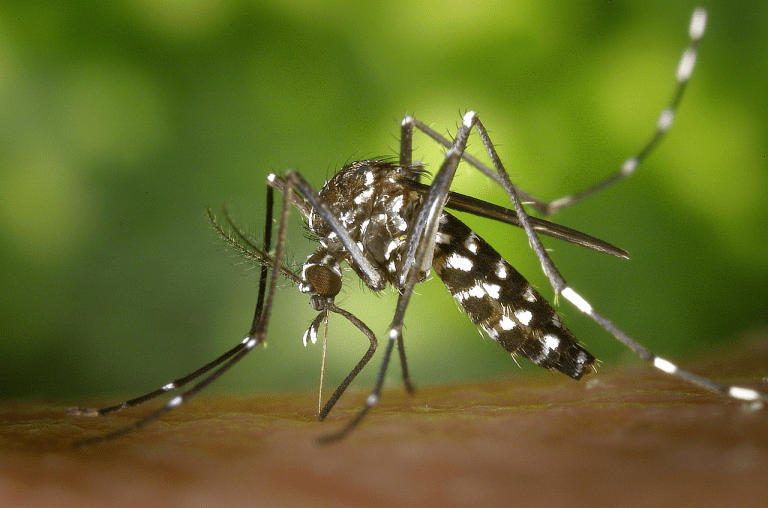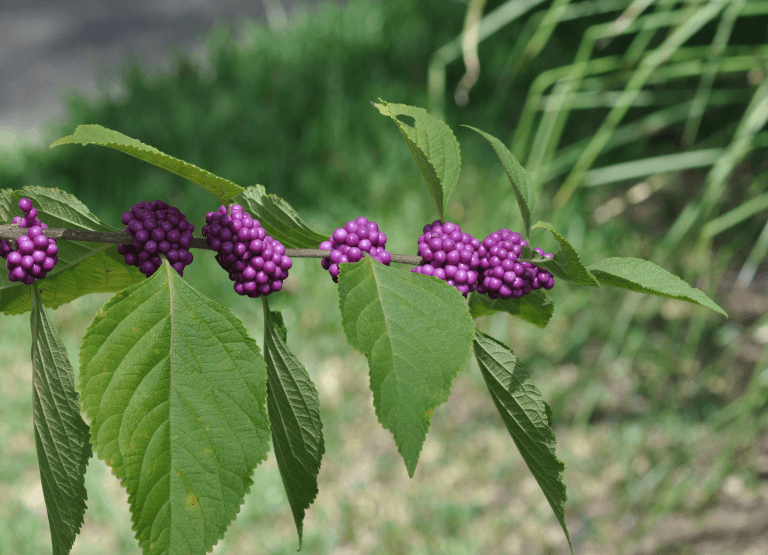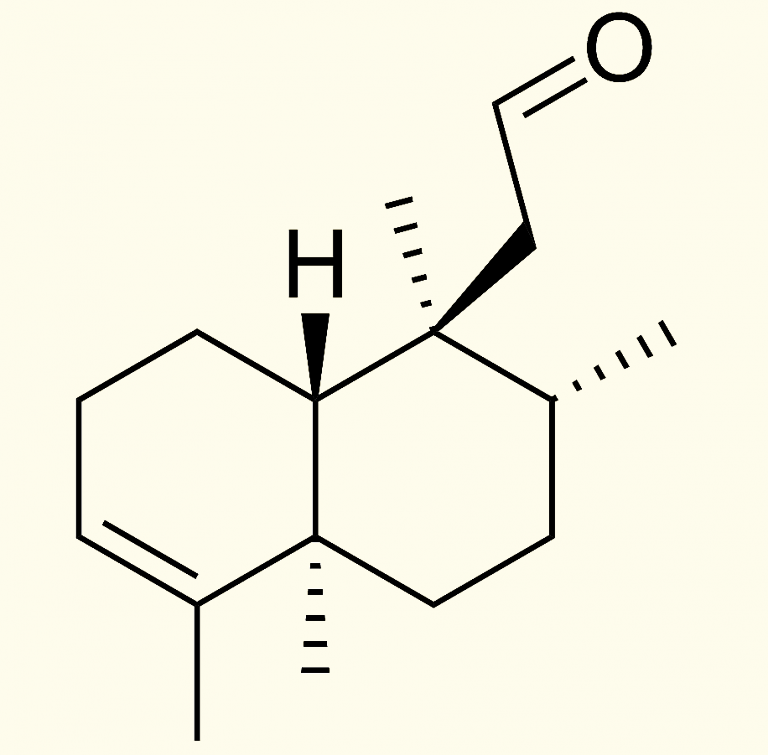
During mosquito season, most people are aware of the need to eliminate standing water near their habitation, in order to minimize, if not eliminate their number one pest, the seemingly omnipresent, buzzing mosquito.
Eliminating standing water is necessary, but moving water is not much of a problem. Movement disrupts the still air-to-water interface needed in order for mosquito larvae to breathe. Mosquitoes thus favor still, even stagnant water, to deposit their eggs.
You can standing water in bird baths, gutters, barrels, still pools, depressions, flower pots, and a host of other places. Eliminating standing water greatly diminishes local mosquito populations. Simple drainage works, or you could add a thin film of oil. But then, mosquito populations don’t view all sources of standing water as equal. One interesting variable may be the presence of certain leaves in the water.
Leaves, Mosquitoes, and Bacteria
Mosquitoes tend to lay eggs in water containing dead leaves, according to Ponnusamy, et al – these scientists tested two varieties of leaves (senescent bamboo and white oak). However, it is not the leaves themselves that are attractive to the little pests. Neither is it the infusion (the tea) they produce. Rather, it is the presence of particular bacteria that thrive in the infusions that the mosquitoes find interesting – for food!
On the other hand, and fighting fire with fire, it has been discovered and revealed that the presence of certain other bacteria eliminate, or at least minimize, mosquito infestations… Bacillus thuringiensis israelensis. These latter bacteria generate chemicals that serve as toxins toward the other bacteria. The net result is food deprivation for the mosquito larvae, which then fail to thrive. The researchers established this fact by taking bacteria-rich infusions and filtering them free of bacteria that purportedly serve as mosquito food.
Beautyberry – A Natural Deterrent?

One folk remedy for a natural, environmentally-friendly mosquito repellant is American Beautyberry, Callicarpa americana. From this plant, researchers extracted three mosquito-repellant chemicals: callicarpenal, intermedeol, and spathulenol. The choice of chemical to serve as a suitable repellant was callicarpenal.
Now, in order to utilize this discovery, it is going to take time to attain official approval. In addition, research will be required to determine a cost-effective production method.
Callicarpenal is but one example of an abundance of instances of the usefulness of a compound found in nature. In this instance, as in so many others, the compound is a terpenoid. Terpenoids are organic compounds that can ultimately be derived from the simple precursor compound, isoprene.

In Conclusion: Callicarpenal
The alkene aldehyde callicarpenal, found in beautyberry, is a useful deterrent, not only of mosquitoes, but also of fire ants and ticks.
Curiously, a chemical found within a bug pest, the stink bug, Halyomorpha halys, is also an alkene aldehyde. It makes the author wonder if the active ingredient found in the stink bug might not also prove to be a useful deterrent against the mosquito we so despise?
Note: You might also enjoy Blood Sucking Bed Bug: a Vector of Disease?
References:
- Fountain, Henry. Not Just Any Water Will Do for Mosquitoes. (2008). New York Times
- Ponnusamy, Loganathan, et al. Oviposition responses of the mosquitoes Aedes aegypti and Aedes albopictus to experimental plant infusions in laboratory bioassays.. (2010) J. Chem. Ecol.
- University of Mississippi. Scientists Confirm Folk Remedy Repels Mosquitoes. (2006)
- Pons, Luis. Old-Time Mosquito Remedy May Work Against Ticks, Too. (2007). USDA
- Bravo, Alejandra. Mode of action of Bacillus thuringiensis Cry and Cyt toxins and their potential for insect control. (2007). Toxicon

That’s very interesting, so NOT standing water per se but the food it allows to thrive and that feeds the mosquito larvae!